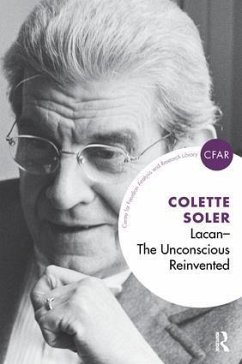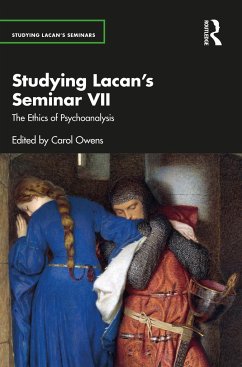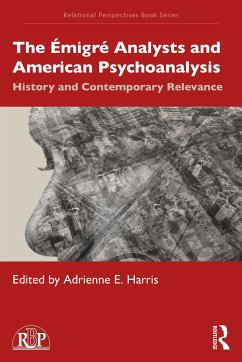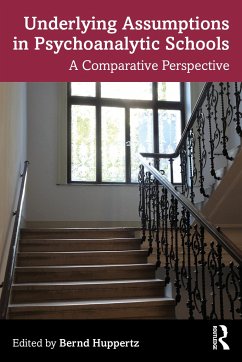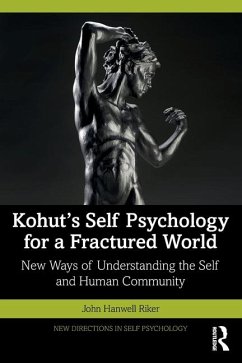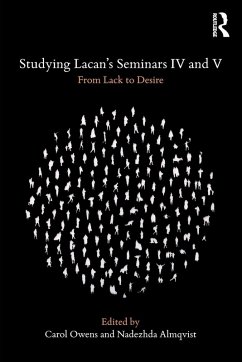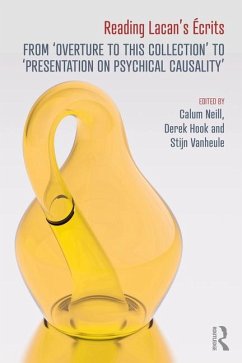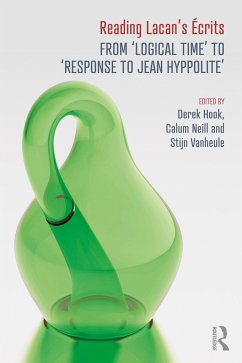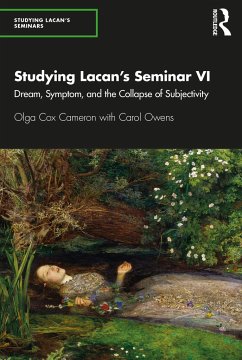
Exploring Lacan's Encore Seminar XX
The Torus of Reason
Versandkostenfrei!
Versandfertig in 6-10 Tagen
38,99 €
inkl. MwSt.
Weitere Ausgaben:

PAYBACK Punkte
19 °P sammeln!
Exploring Lacan's Encore Seminar XX examines the themes presented in Encore, the seminar presented by Lacan between 1972 and 1975.Raul Moncayo, Barri Belnap, and Greg Farr focus on Lacan's presentation of the theory of the Third Jouissance, clarifying the difference between jouissance as a concept and as a word. The authors argue that although there are many words that Lacan uses for jouissance, there are only five concepts of jouissance: the first is inconvenient, the second is convenient and inconvenient, while the last three are convenient and constructive.Exploring Lacan's Encore Seminar X...
Exploring Lacan's Encore Seminar XX examines the themes presented in Encore, the seminar presented by Lacan between 1972 and 1975.
Raul Moncayo, Barri Belnap, and Greg Farr focus on Lacan's presentation of the theory of the Third Jouissance, clarifying the difference between jouissance as a concept and as a word. The authors argue that although there are many words that Lacan uses for jouissance, there are only five concepts of jouissance: the first is inconvenient, the second is convenient and inconvenient, while the last three are convenient and constructive.
Exploring Lacan's Encore Seminar XX will be essential reading for academics and scholars of Lacanian studies, Lacanian analysts, and readers interested in Lacan's theories of the 1970s.
Raul Moncayo, Barri Belnap, and Greg Farr focus on Lacan's presentation of the theory of the Third Jouissance, clarifying the difference between jouissance as a concept and as a word. The authors argue that although there are many words that Lacan uses for jouissance, there are only five concepts of jouissance: the first is inconvenient, the second is convenient and inconvenient, while the last three are convenient and constructive.
Exploring Lacan's Encore Seminar XX will be essential reading for academics and scholars of Lacanian studies, Lacanian analysts, and readers interested in Lacan's theories of the 1970s.





